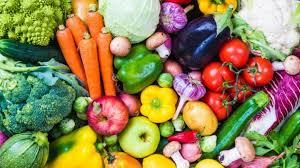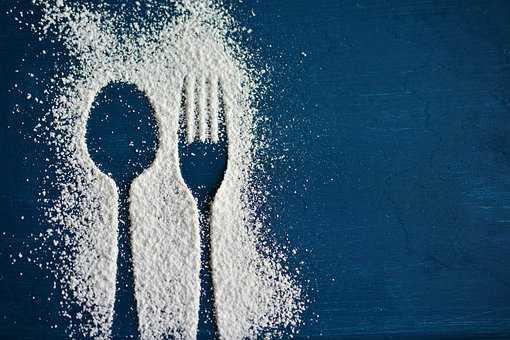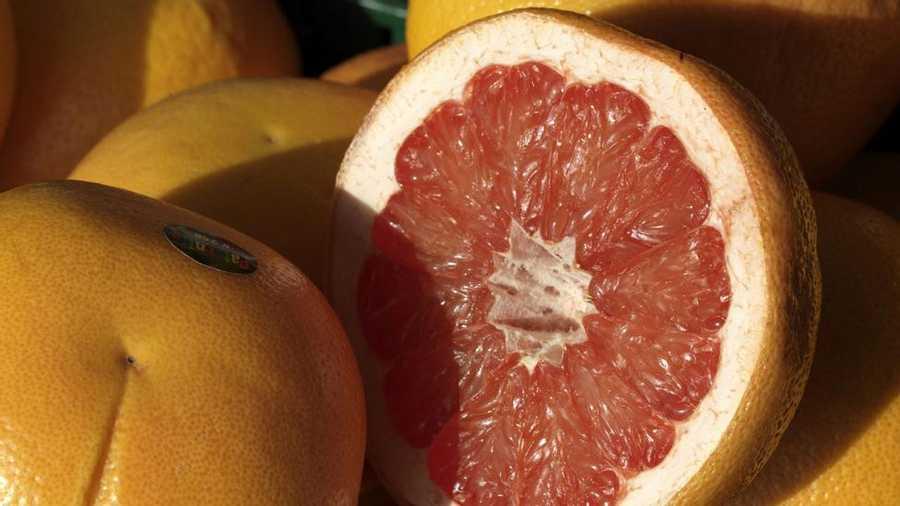Healthy vs. New
Consumer scientists have found that when a new product is described as “healthy”, it is far less likely to be a success than if it is described as “new”.
Many people have absorbed the lesson from childhood that vegetables and pleasure – and more generally, healthy food and pleasure – can never go together.
215
911 reads
CURATED FROM
IDEAS CURATED BY
The idea is part of this collection:
Learn more about health with this collection
How to choose the right music for different tasks
The benefits of listening to music while working
How music affects productivity
Related collections
Similar ideas to Healthy vs. New
Happiness vs Pleasure
Happiness, as we described above, is a state characterized by feelings of contentment and satisfaction with one’s life or current situation. On the other hand, pleasure is a more visceral, in-the-moment experience. It often refers to the sensory-based feelings we get from experiences like eating ...
Added Sugar vs. Natural Sugar
- Added sugar is unfriendly to our health. It can be found in most food products we come across. It is absorbed by the body quicker unlike natural sugar.
- Processed food is digested quickly as soon as it enters out intestine while fiber-rich foods break down slowly and travel...
Vitamin supplementation
Administration of antioxidants is only justified when it is evident that there is a real deficiency of a specific antioxidant.
It is far better to get antioxidants from food because it contains a mixture of antioxidants that work together. A diet rich in fruits and vegetables provides a hea...
Read & Learn
20x Faster
without
deepstash
with
deepstash
with
deepstash
Personalized microlearning
—
100+ Learning Journeys
—
Access to 200,000+ ideas
—
Access to the mobile app
—
Unlimited idea saving
—
—
Unlimited history
—
—
Unlimited listening to ideas
—
—
Downloading & offline access
—
—
Supercharge your mind with one idea per day
Enter your email and spend 1 minute every day to learn something new.
I agree to receive email updates


